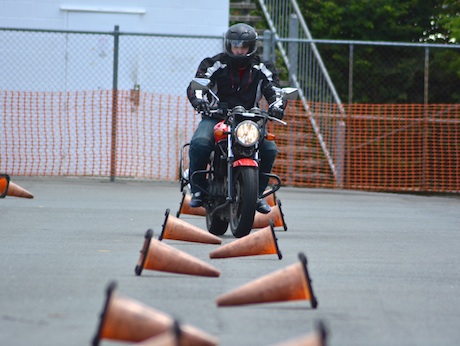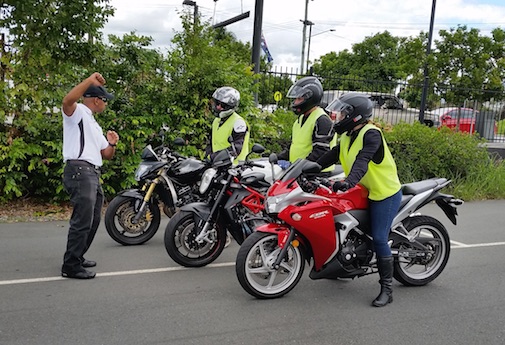Riders should be encouraged to seek more rider training and gain rewards for improved skills, according to a position paper released by the Motorcycle Council of NSW.
One of their suggestions is a marketing campaign to returned riders to seek more training.
Steve says mature-aged returning riders with “dormant licences” are over-represented in the crash statistics.
“Perhaps we could get the Roads and Maritime Services to match dormant licences with new registrations and that is the trigger to send them marketing material about extra training,” he says.
“We don’t want to impose any more structure but we want to help save more lives.
“We have to come up with solutions and take them up with the government.”
The MCCNSW paper also suggests that riders going up in capacity should be targeted with marketing campaigns to seek more training.
“We don’t want it to be mandatory, but any time you are going up in category you should refresh your skills,” he says.

Apart from marketing to riders, Steve says they also want to provide some “carrots” for up-skilling.
They would include rewards or incentives such as reduced licensing and registration fees as the rider moves through licence grades based on training levels achieved.
Steve says perhaps riders could achieve silver, gold and platinum licences as they move up in training.
With each new grade, they would received rewards such as bigger discounts on their rego and licence fees.
“You have to motivate people through their hip pocket,” he says.
The paper also calls for a range of affordable and accessible rider courses available across metropolitan and regional areas.
The MCCNSW position paper follows another last week calling for an increase in demerit points for motorists illegally using mobile phones.
MCCNSW treasurer Steve Pearce says their position papers are developed to provoke discussion with riders and authorities.
“We have to try new things,” he says.



